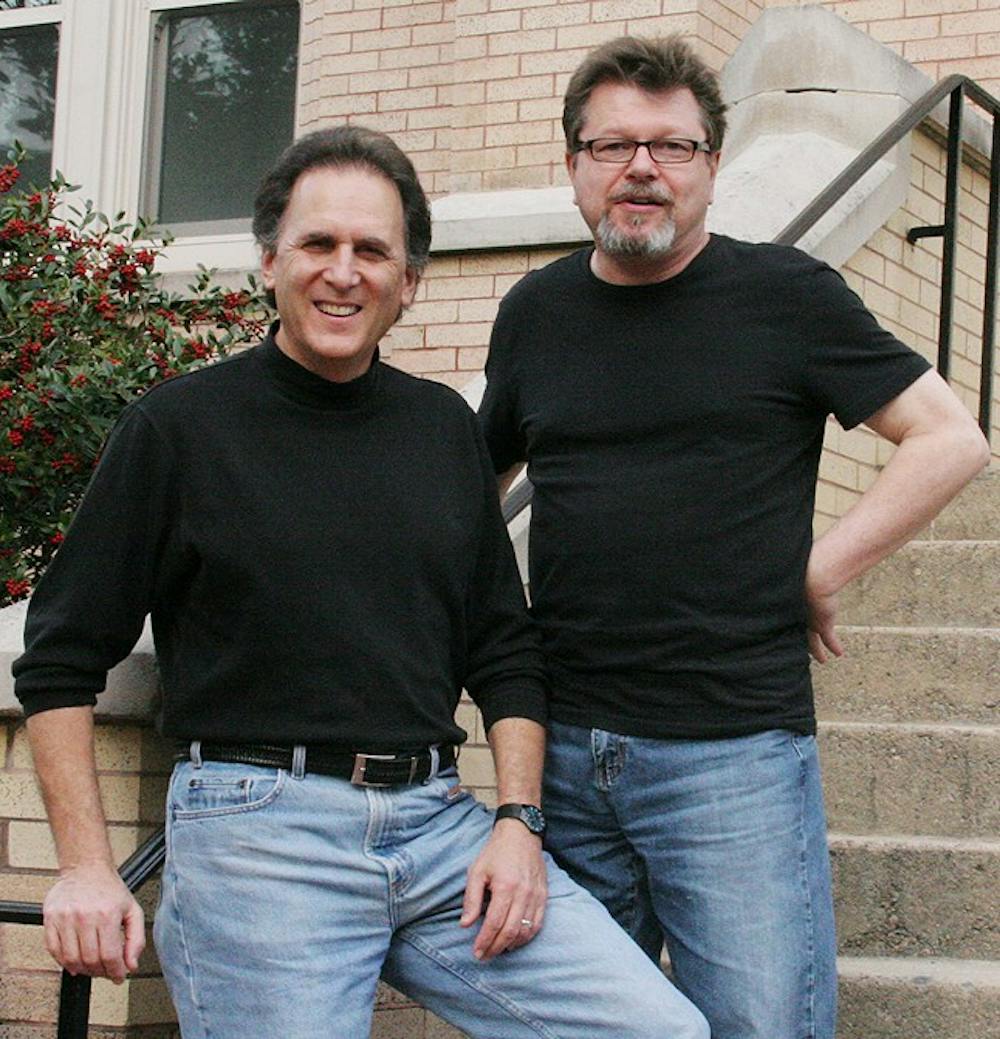In 2003, UNC became one of few public universities to offer a screenwriting program for undergraduates.
Nine years later, the Writing for the Screen and Stage minor program remains a rare but often overlooked opportunity for aspiring dramatic writers.
“We really want people who are, in their minds, serious about this career,” said Dana Coen, interim director of the program.
The application period for the ninth class of the program opens Wednesday to sophomores.
The program is designed for students devoted to dramatic writing, Coen said.
Once accepted, students are required to take five courses over their last four semesters — three development, one analysis and one screenwriting history — to hone their skills in television, film and play writing.
Coen said the history class teaches students the story behind screenwriters’ current undervalued positions in the industry and makes them aware of their value as storytellers in the industry.
“They need to come out knowing their worth,” he said. “Movies can’t be made without scripts.
The program also prepares students for the postgraduate reality of entertainment writing.




